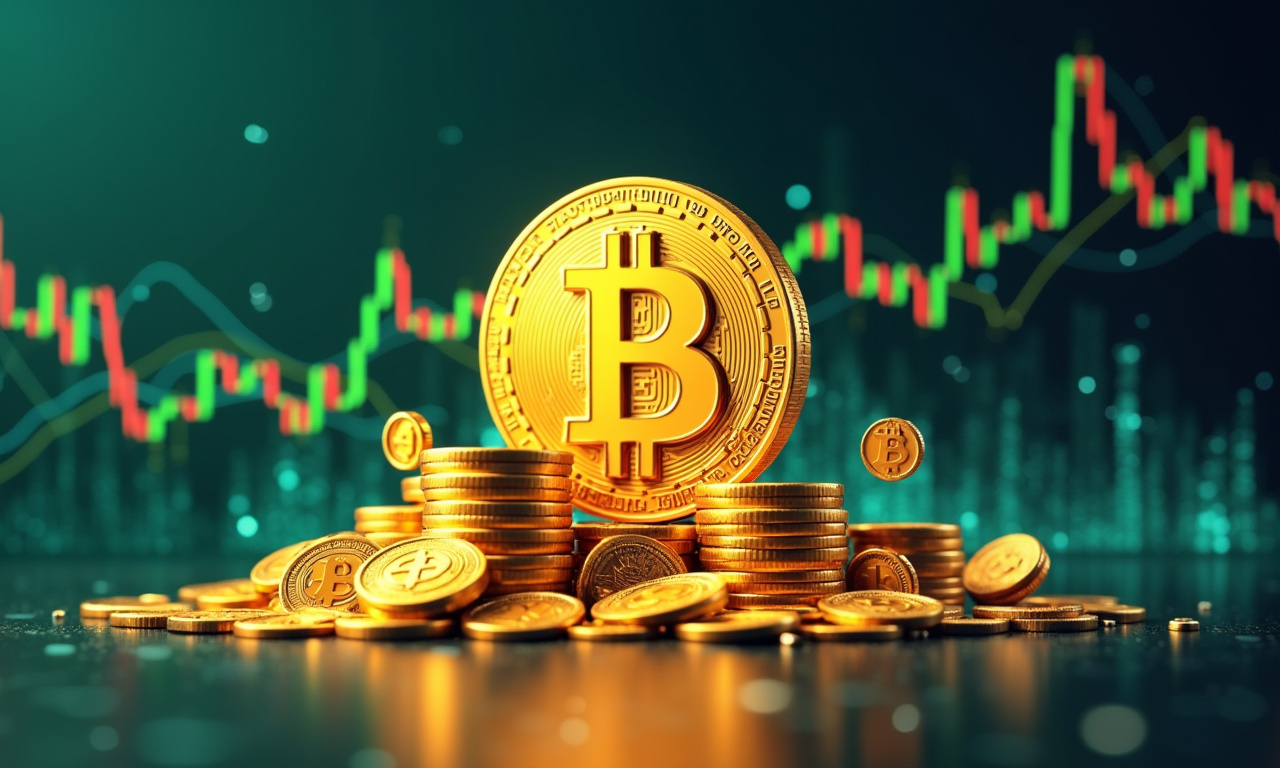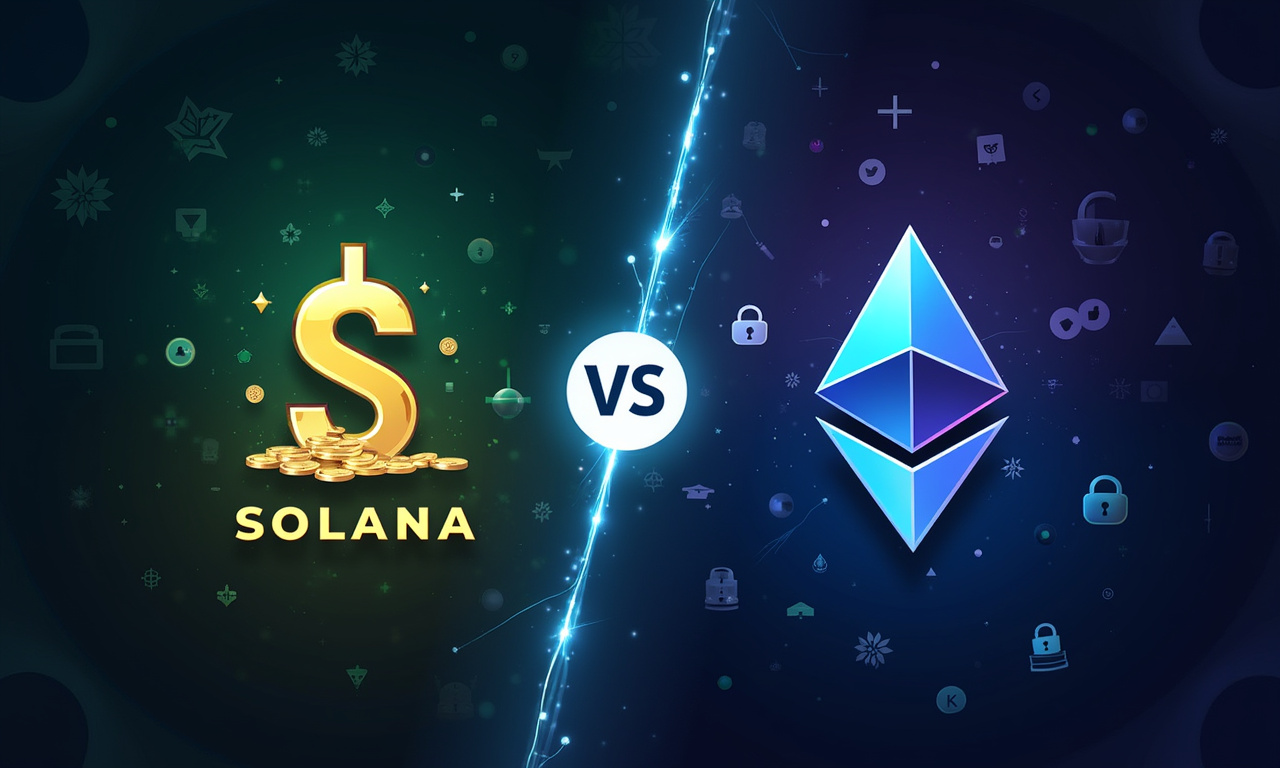
We've all heard the siren song of crypto, haven't we? The dream of becoming an overnight millionaire, the glory of the decentralized revolution, the opportunity to give the finger to the establishment. But behind the Lamborghini dreams and blockchain hype is a much grimmer truth. The crypto bros shilling for their pet currencies conveniently omit all of this. I’m not even here to tell you that crypto is evil – quite the opposite. So I’m here to pour some good skepticism into that Kool-Aid.
Environmental Cost A Looming Disaster?
Let's talk about the elephant in the room: environmental impact. Of course, Bitcoin is the OG, the grandfather of crypto. But its energy consumption is insane. We’re not just talking about a printer run amok, we’re talking about a network that consumes more electricity than some countries. And for what? To validate transactions on a digital ledger? Think about the irony: we're supposedly building a decentralized future, yet we're potentially accelerating climate change in the process.
It would be akin to crafting that gorgeous eco-house with organic vegetable garden using explosives. Of course, you can take that approach, but is it truly the smartest way forward? The proponents will point to "greener" alternatives like Proof-of-Stake, and that's progress. But even those alternatives don’t come without their own environmental costs. The production of the hardware, the e-waste… it’s cumulative.
This isn't just about tree-hugging. This is about economic sustainability. As governments around the world take more earnest action against climate change, we should expect to see new carbon taxes and regulations that will heavily restrict energy-intensive cryptocurrencies. That could cripple their value overnight. Are you prepared for that? I’m not advocating for all-out crypto cancellation, but dear god, think of the environment. Your wallet, and the environment, will thank you.
Smart Contracts' Security A Ticking Bomb?
Smart contracts—those self-executing agreements on the blockchain—are meant to be the future of anything and everything. From decentralized finance (DeFi) to creating throughput in supply chain management the use cases and deployable projects appear limitless. Here's the thing: smart contracts are code. And code, as any software engineer will be quick to tell you, is loaded with unintended consequences.
One small mistake in a smart contract can be manipulated to siphon millions of dollars in seconds. We’ve seen it fail time and again. The DAO hack, the thousands of DeFi exploits… these aren’t coincidences; they’re symptomatic of a larger illness.
Think of it like this: building a skyscraper on a foundation of quicksand. That building may seem like a masterpiece upfront, but it’s just a matter of time before it comes crashing down. And when you consider that DeFi protocols are often the custodians of billions of dollars worth of user funds, the stakes couldn’t be higher.
It’s not just the bugs. Terribly vulnerable, insecure code is released all the time. It’s that there are no meaningful security audits. Too often, these projects make their way to market with little to no testing, exposing users to unforeseen or untested vulnerabilities. Because the code is immutable (in theory), once a vulnerability is found, it’s usually too late. This is the wild west of finance after all, don’t forget. No FDIC insurance here. Your money disappears into the ether, never to be seen again, and good luck winning it back.
Don't be fooled by the hype. Before you invest in any project that uses smart contracts, require a third-party security audit from a trusted firm. And even at that, know that nothing is ever 100% safe.
Regulatory Crackdown The Ultimate Black Swan?
Though many lament the lack of decentralized governance, crypto’s decentralization is truly its greatest strength and its greatest weakness. On one hand, it does operate independently of government direction. This is fantastic news. On the other hand, this is a regulatory nightmare. Governments across the globe are scrambling to figure out how to regulate this brand-new asset class. The uncertainty about it is creating a lot of risk.
Now picture this, you wake up tomorrow only to discover that your favorite cryptocurrency has been banned in your home country. Or that for any of these exchanges, there is not a requirement to collect and report granular information about their users. Or that out of the blue, stablecoins are now covered by stringent banking rules. These aren’t hypothetical scenarios, they’re real life possibilities.
With regards to offering unregistered securities, it’s no secret that the SEC has been ramping up its enforcement efforts against crypto unregistered offerings. Other regulators, including those abroad, have set their sights on stablecoins and DeFi protocols. As crypto goes mainstream, the regulatory demands for action will grow even stronger.
Here's the unexpected connection: the very thing that makes crypto attractive—its independence from central banks—is what makes it vulnerable to regulatory overreach. Governments always resist losing control of the money supply. They don’t like the fact that there’s a potential to be used for illicit activity. They absolutely hate the prospect of a parallel financial system developing beyond their control.
The smart play? Diversify. Avoid concentrating your investments in crypto. And stay informed about the regulatory landscape. What happens in Washington, D.C., or Brussels, or Beijing could have a profound impact on the value of your crypto holdings.
Crypto has the potential to revolutionize finance. It’s a very dangerous and unpredictable world. By being aware of these invisible dangers, you’ll be better equipped to avoid costly mistakes and avoid getting rekt. Don't just listen to the hype. Do your own research. Be skeptical. One last thing — if it sounds too good to be true, it probably is.

Tran Quoc Duy
Blockchain Editor
Tran Quoc Duy offers centrist, well-grounded blockchain analysis, focusing on practical risks and utility in cryptocurrency domains. His analytical depth and subtle humor bring a thoughtful, measured voice to staking and mining topics. In his spare time, he enjoys landscape painting and classic science fiction novels.








